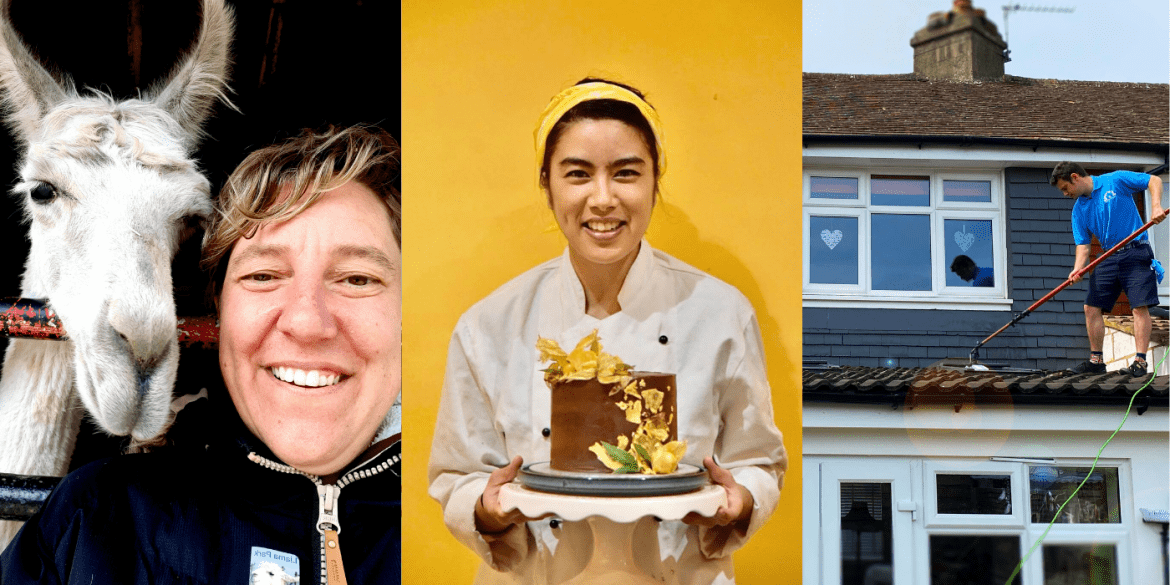Events entrepreneur William Jonkler, 31, remembers the moment his life’s work started to unravel before him. Late February 2020, sitting behind his desk in his Worcester park office, the news rolled in: a conference that his company – London Event Productions – was set to host, was cancelled due to Covid.
One by one, like bubbles drifting out of reach and popping, jobs were stripped from the diary. Just three days later, the company’s seven-figure turnover was gone.
“It’s pretty heartbreaking to spend five years working tirelessly to build an amazing team and an amazing business to have it go in three days. That was quite difficult to deal with,” Jonkler says.
The pandemic has torn many small enterprises to shreds. A September report by business insurance firm Simply Business indicated that on average, small business owners were expecting to lose £11,779 each as a result of Covid-19, totalling almost £70 billion in losses across the UK. The picture is bleakest in London, with owners estimating losses of more than £17,000 each.
In 2019, London Event Productions had its most successful year yet. But in 2020, with the events industry being one of the hardest hit by the pandemic, Jonkler needed to start afresh.
“Having been through a whole range of emotions and several sleepless nights, we started to look to diversify to cover our costs and keep ourselves going,” he says. First came Coronavirus Protective Systems, a screen business set up by Jonkler and his team to help retailers keep till staff safe.
However, the screens were a one-time sale. “We got to the point where the sales pipeline started to slow down and we figured we would need to diversify again,” Jonkler says. Next came House Helpers, an external cleaning company, which he is still operating today.
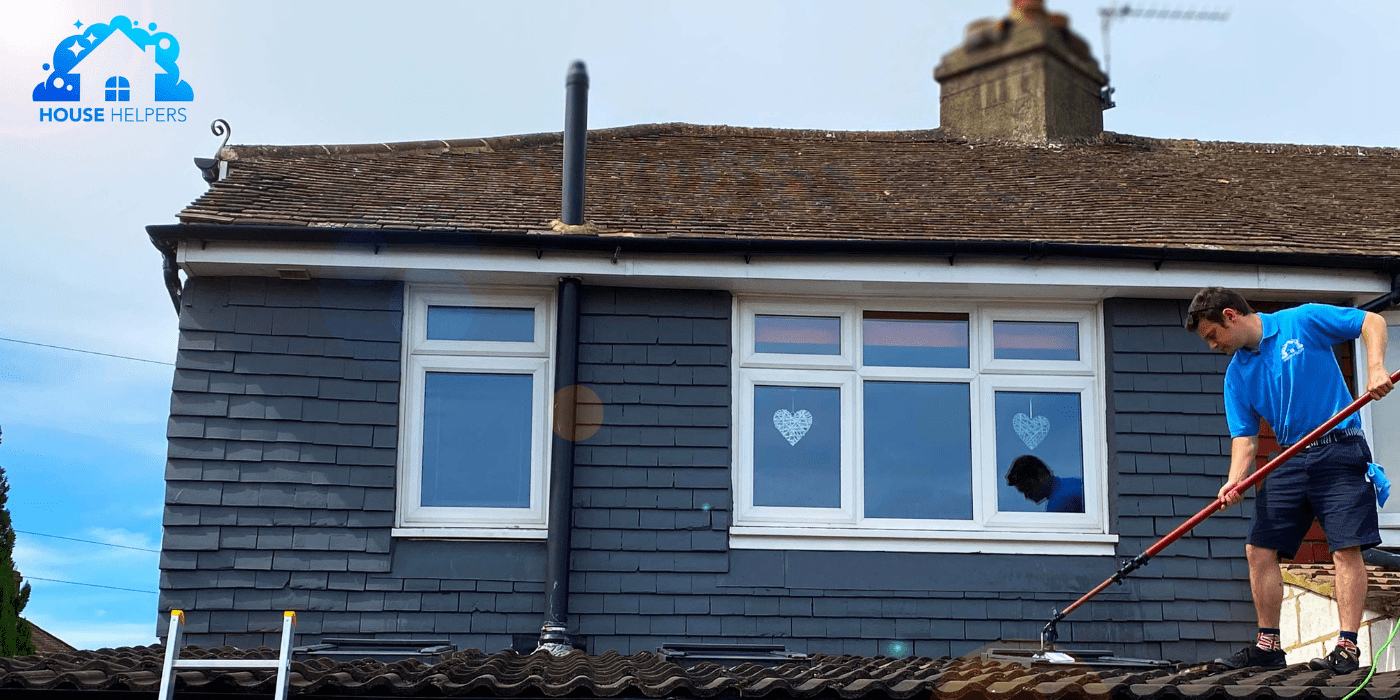
More new businesses in 2020 than ever before
Jonkler is not alone in his resilience. A September Goldman Sachs survey found that 45 per cent of small businesses have been able to adapt their model, creating new products as a means of surviving the pandemic. But perhaps most surprisingly, 2020 saw a record increase in entirely new businesses formed in the UK.
Almost 781,000 companies were set up last year, a 13 per cent rise on 2019’s number, according to inform direct’s annual review of company formation in the UK. In Kingston, 2,044 new businesses were formed last year, a near 12 per cent rise on 2019.
Some will have been set up by entrepreneurs needing to plug holes after their main business became unviable due to the pandemic, such as in Jonkler’s case.
Others, as director of operations at Inform Direct Johnathan Korchak suggests, could be down to people capitalising on a demand for local goods, or using time on furlough “to pursue an idea – albeit often only ever intended as a ‘hobby’ business – that previously was always out of reach”.
Many of those who set up businesses in 2020 did not plan to do so, rather were thrust into self-employment unexpectedly.
“As we’ve seen in previous recessions, many of those people made redundant have set up their own ventures as an alternative way to earn a living,” Korchak says.
Adele Hing, a 32-year old food industry professional from Hampton, planned on setting up a company at some point in her 40s. But in September she was made redundant from her “dream job” at bakery-restaurant chain Le Pain Quotidien, where she developed new recipe concepts, after the company went into administration. She had seen it coming, and in May had registered her home as a food premise.
“I’ve always wanted to work for myself at some point in my life. Now is the time!” Hing says.
After getting her first job in a restaurant aged 15, Hing spent 17 years working in food development for some of the UK’s largest food retailers. But it was cake that first sparked an interest in food – taught by her mother, she baked her first cake aged six – so becoming a cake maker felt like a natural move.
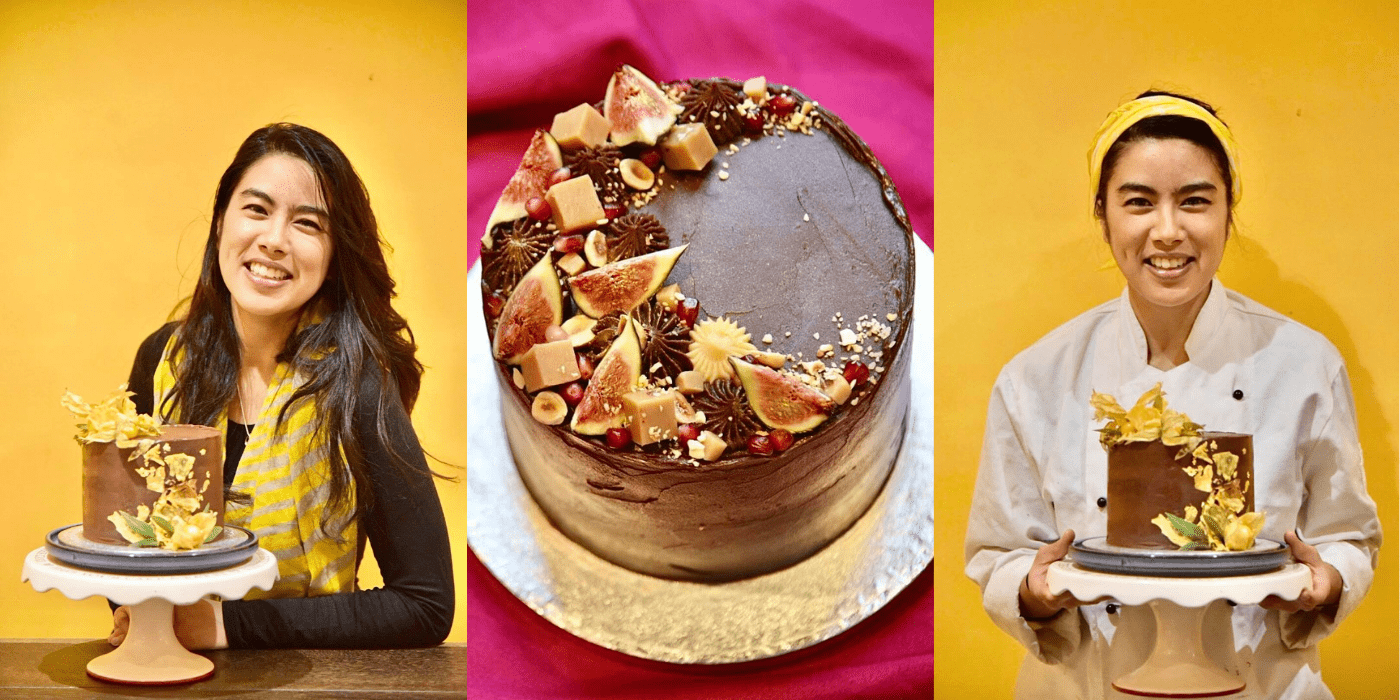
Hing spent the early days of the first lockdown honing her craft and forcing her neighbours to consume their body weight in vanilla sponge samples. By September, Made By Adele was open for business, selling bespoke, handmade cakes.
“I’ve only been going for five months and I’ve just been getting busier and busier as the weeks have gone on,” she says. For the first few weeks, orders were from friends of friends, but locals found her quickly.
“You don’t expect things to happen super quickly, but I think it was in a couple of weeks I was getting orders from strangers,” she says, and now nine in 10 orders come from people she doesn’t know within the community. “It is really quite humbling. It’s mad,” Hing says.
Communities come together for local businesses
As covid ravaged local businesses, communities stepped up. The Food Standards Agency, which has been tracking the effect of the pandemic on food consumer behaviour since last April, noted an increase in people purchasing locally throughout 2020. In November, a third of people had purchased food from a local supplier in the previous month.
Facebook community groups have helped Hing to spread the word. “It’s all just been through the power of social media,” she says. Most people have gifted cakes to loved ones they have not been able to see for months; others have tackled them solo, understandably desperate for a treat to lift the weight of lockdown woes.
The willingness of communities to support local entrepreneurs has been evident across industries. Cleaning Kingston’s drains and driveways has been “very different” to producing events for the rich and famous, Jonkler says, but the community has been quick to get behind House Helpers. In just a handful of months, the company has received 73 Google reviews, all five stars (except for one four star review, a fact Jonkler states with playful exasperation).
House Helpers has been able to find its feet financially: “We have got to the point where we are just about stabilised,” Jonkler says. Trading in Kingston, the borough he went to university in, has been pleasantly surprising too. “You meet all sorts of weird and wonderful people – emphasis on wonderful!”
Brenda Camoin, a 40-year-old vet nurse based in Ham, also felt the community love when she set up her business Panthera Pets early last year. “The community feel in this area is absolutely great. They are very willing to support the small up and coming businesses,” she says.
Camoin set up Panthera Pets after resigning from her role at a veterinary practice in January last year. Her intention is to build the business to work with animals in supporting people with disabilities.
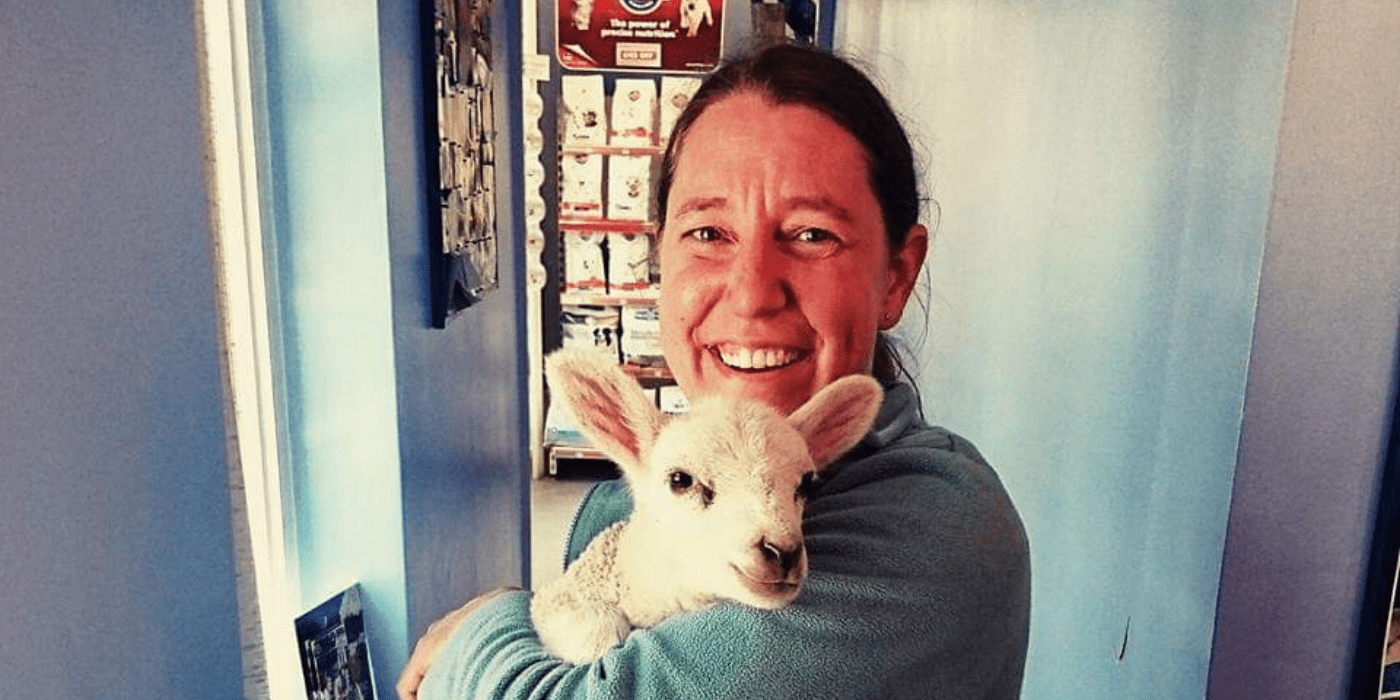
She launched a range of initial services to help get the business off the ground, from quick dog walks to medication administration for diabetic cats. However, launching as the UK was plunged into lockdown last March meant that many of the services on offer became redundant.
“During lockdown, a lot of people were at home. They weren’t going away, there were no cat visits or dog walking really, because everyone was walking their own dogs,” Camoin says. “I had quite a good series of bookings, and they just all went.”
Restriction changes made life an “emotional rollercoaster ride”
While pet ownership has spiked since the first lockdown began (Google searches for ‘buy a puppy’ increased by 166 per cent between March and August), the need for external pet care has fluctuated, Camoin says. The relaxation of lockdown restrictions over summer, followed by the introduction of the tier system and subsequent lockdowns has been an “emotional rollercoaster ride”.
In July and August, enquiries to Panthera Pets began to pour in again. “There were people booking to go on holiday because the hotels were opening up – the business started picking up again,” Camoin says. Christmas was also set to be a period of increased business, with many clients needing pet care while they formed festive bubbles with families across the country.
Tier 4 was a bombshell. “Christmas is usually quite a busy time for most pet care companies. Tier 4 was a bit of a disappointment,” she says.
Changes to restrictions means rethinking and replanning, and the Christmas period ended up being “slow” for Panthera Pets. It was a similar story for Made By Adele: “I had quite a few people either cancelling their orders or downsizing,” Hing says.
This insecurity is a common theme, with business confidence plummeting to an all-time low in 2020.
The extension of government support schemes offers no security blanket to new entrepreneurs. Grassroots organisation ExcludedUK has concluded that more than three million UK taxpayers are excluded from receiving government support, including individuals who set up businesses after April 6 2019.
Gaps in support, ever-changing restrictions, and the return to normality still months out of reach equates to a particularly grim landscape for new and small companies to navigate. Last month, the Federation of Small Businesses (FSB) released its latest study, estimating that 250,000 small businesses could close within the next year – the highest figure in the study’s ten-year history.
Mike Cherry, chairman of the FSB, wants to see firmer action from the government: “The development of business support measures has not kept pace with intensifying restrictions. As a result, we risk losing hundreds of thousands of great, ultimately viable small businesses this year at huge cost to local communities and individual livelihoods,” he says.
Both Jonkler and Hing are mournful, reflecting on how the industries they have dedicated their lives to have been brought to their knees.
“I don’t know of another industry that has been impacted more severely than events,” Jonkler says. He believes it could take up to five years before the events industry makes a full recovery. “We do have a feeling in the industry of being left out to dry.”
Hing has seen many of her favourite restaurants close for good. “It is so devastating when you worked in the food industry for your whole life and you just see it literally crumbing,” she says. “It’s just so sad because food has been my life.”
“You try and see a silver lining with every cloud”
The vaccine rollout brings hope on the horizon, but new business owners will remain strapped into the emotional rollercoaster for a while yet. Regardless, they are trying to see the sun through the clouds, and their hope for more prosperous times is unwavering.
Hing is excited. “I’m at the moment where I think that actually this is definitely a viable business,” she says, considering the prospect of working days spent taste testing chocolate cake. “I’ve done it now – I can’t go back!”
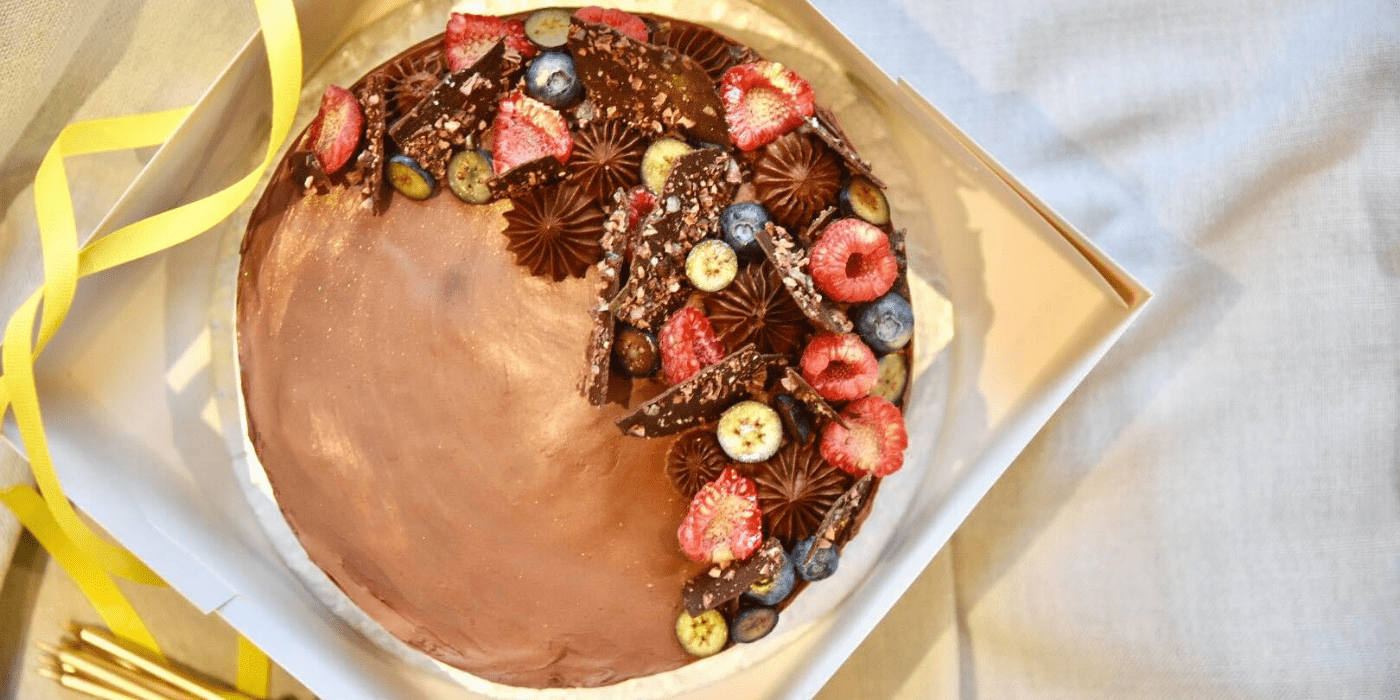
During her quiet periods, Camoin focused on training courses and learning how to market Panthera Pets, setting up a website and social media accounts. “It wasn’t all doom and gloom. I think I felt more hopeful,” she says. “I definitely think there is hope for small businesses.”
For Jonkler, the hope is to one day see the London Event Productions diary full again, to see people packed in rooms together, laughing and toasting glasses, without a mask in sight.
“You try and see a silver lining with every cloud,” he says. There are a few events on his books for 2022 and enquiries are cropping up here and there. As soon as the industry is back on its feet, he will be ready to “jump straight back into the fray”.
But for now, you can catch him and House Helpers in his “rickety old van”, second-hand cleaning kit in tow, ready to scrub the roofs and windows of Kingston.
“House Helpers has kept us distracted, it’s given us a focus, it’s given us goals to work towards,” he says.
“After all the lockdown malarkey, overall, it’s been a good thing.”


